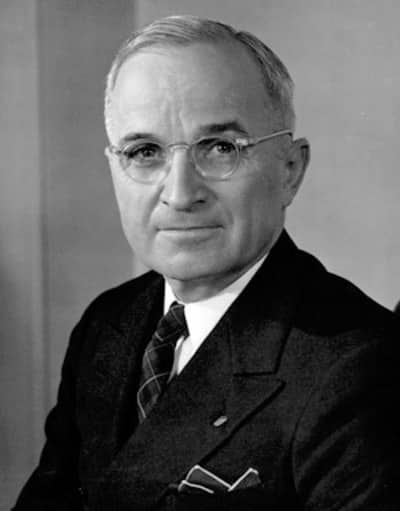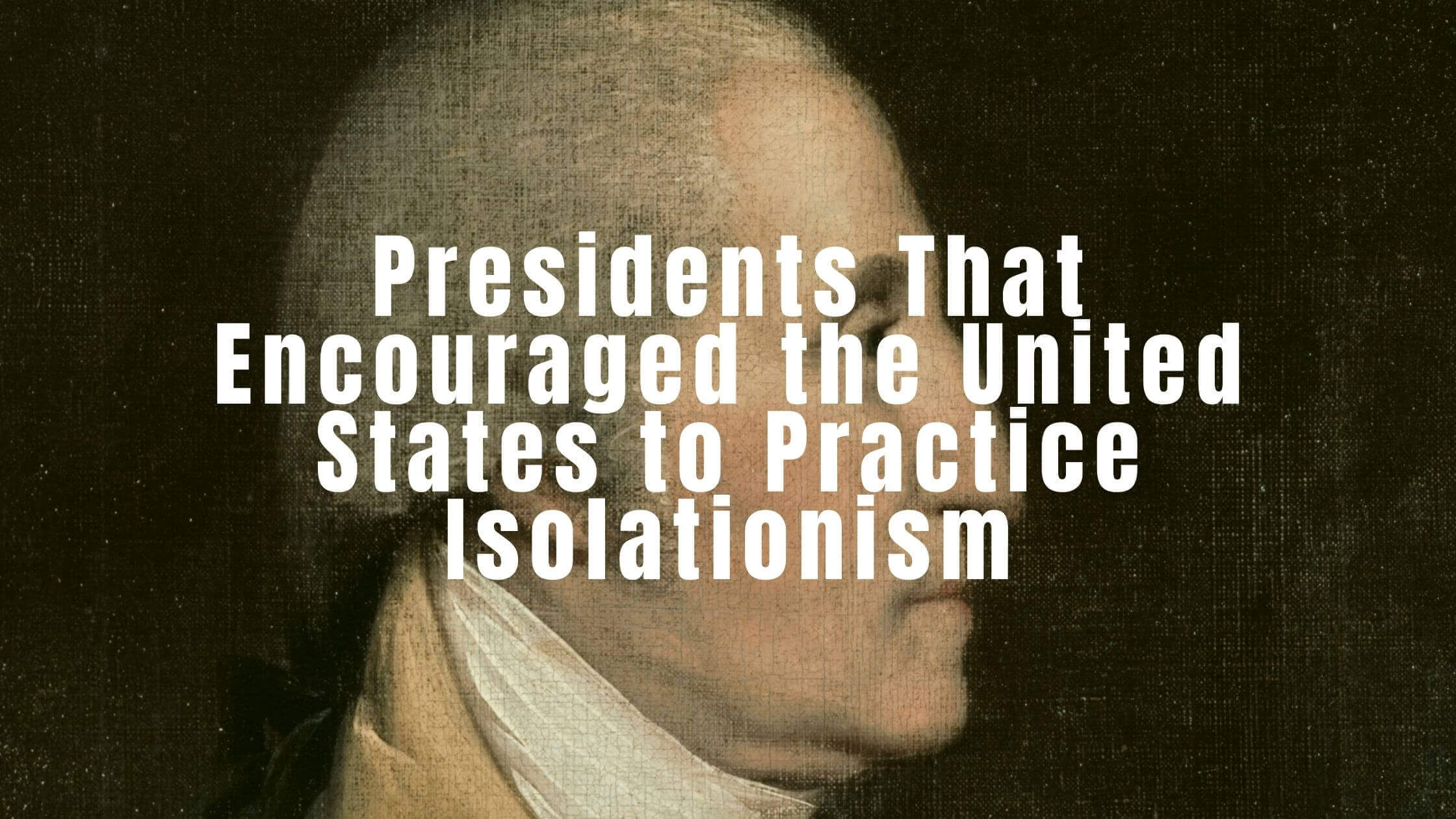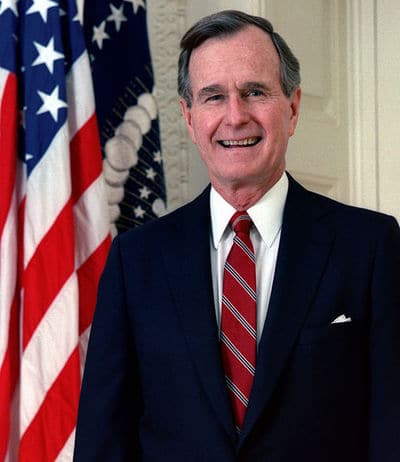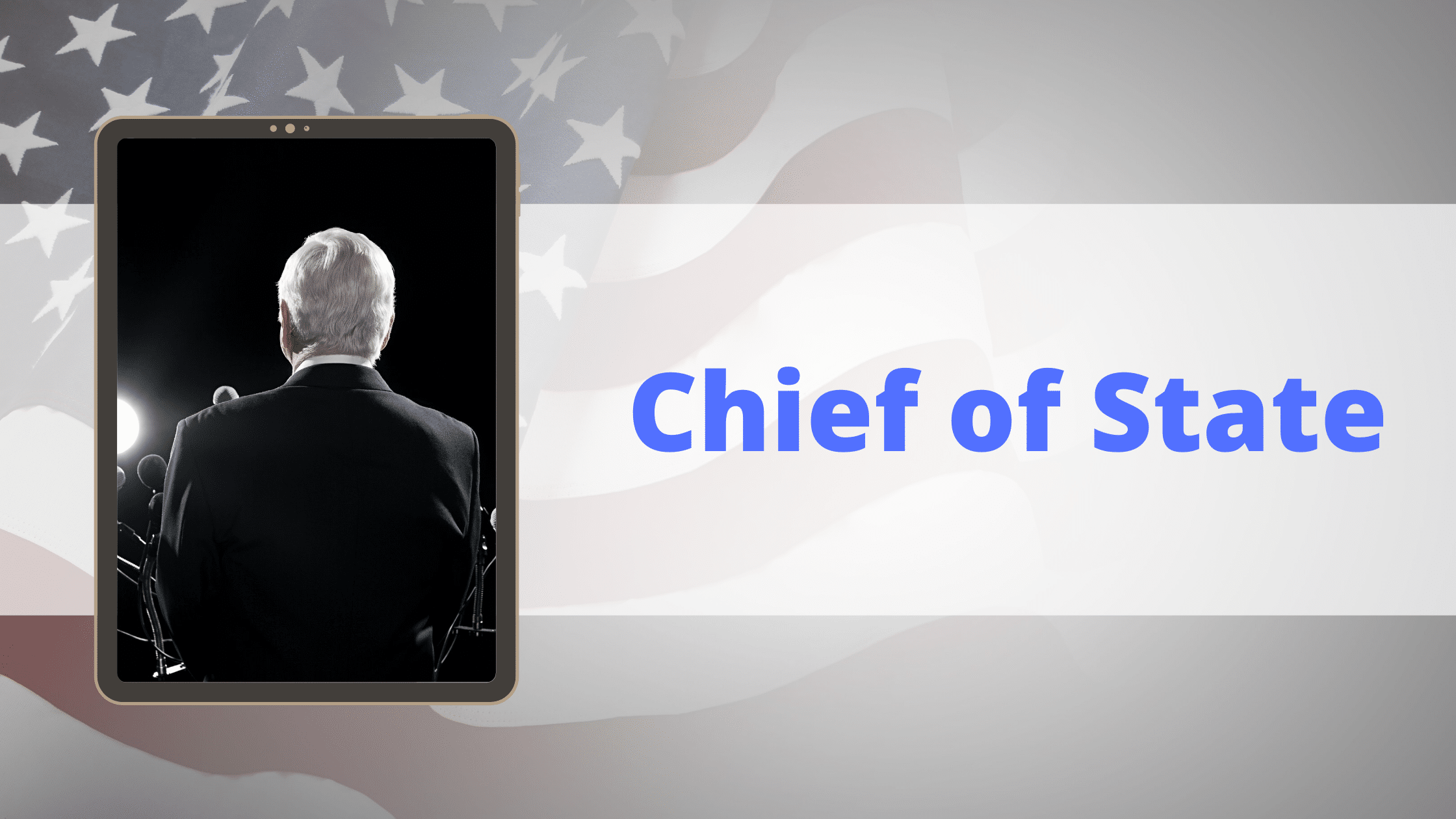Table of Contents
ToggleWhen was Harry S. Truman born?
Harry S. Truman was born in 1884.
Where was Harry S. Truman born?
Harry S. Truman was born in Lamar, Missouri.
How old was Harry S. Truman when he became president?
Harry S. Truman became president at the age of 60.
What years was Harry S. Truman president?
Harry S. Truman was president from 1945 – 1953.
When did Harry S. Truman die?
Harry S. Truman died at the age of 88 in 1972.
How did Harry S. Truman die?
He died from multiple organ failure.
In some ways, Harry S. Truman is one of those presidents that should never have had the job. He came into power in 1945 following the death of Franklin Delano Roosevelt, was touted to lose his election campaign in 1948, and then dissuaded from running again in 1952.
It could have easily been someone else in charge for those seven years. But it was Truman taking on the Japanese, Soviet Union, the Koreans, and a few key domestic issues along the way.
Truman Becomes President Following the Death of Franklin D. Roosevelt
Truman had taken on the role of vice president during President Franklin D Roosevelt’s fourth presidential election campaign. However, just 82 days into this term, Roosevelt collapsed from a cerebral hemorrhage and died.
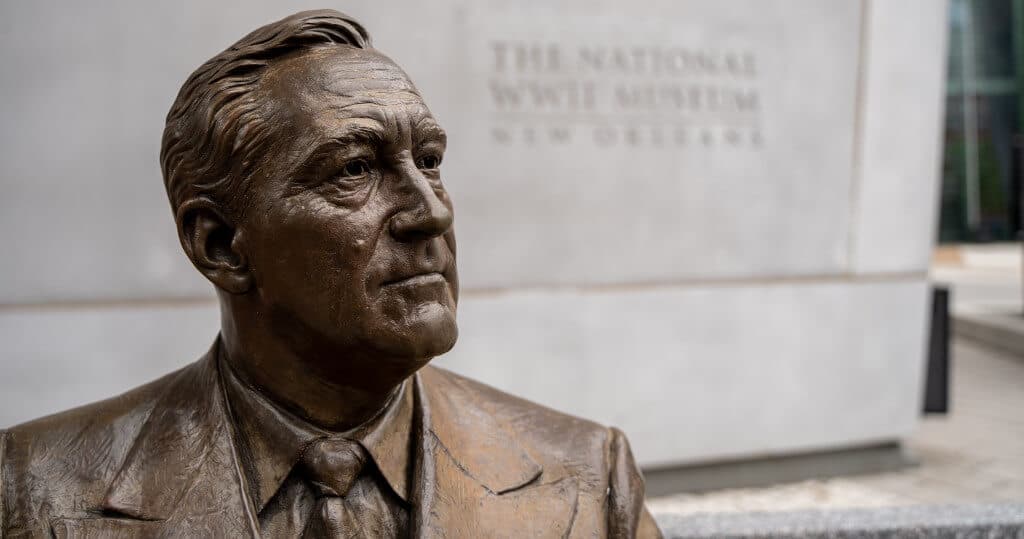
Vice President Truman had been presiding over the United States Senate at the time and was called into the White House to learn of the death and his new role as the 33rd President of the United States from Eleanor Roosevelt. It is reported that when Truman asked what he could do for the First Family, Eleanor replied, “Is there anything we can do for you? For you are the one in trouble now!”
Harry S. Truman’s Shock Victory in 1948
There wasn’t that much faith that Truman would continue in the White House beyond his time completing Roosevelt’s fourth term. He wasn’t seen as someone that the people would get behind.
Yet, there was a surge in campaigning towards the end of the run, and Thomas Dewey still had a fight on his hands.
On election night, the press began printing front-page news that Dewey defeated Truman, having taken a projection from telephone polls.
However, the telephone polls were inaccurate as they didn’t reach many Truman supporters. Truman would win and begin his first full term as an elected president.
Few Presidents Have Taken the US Through War As Truman Did
A large part of the Harry S. Truman presidency relates to war efforts to some degree. The death of Roosevelt at the start of his 4th term plunged Truman straight into a role not only as President of the United States but as Commander in Chief towards the end of World War II.
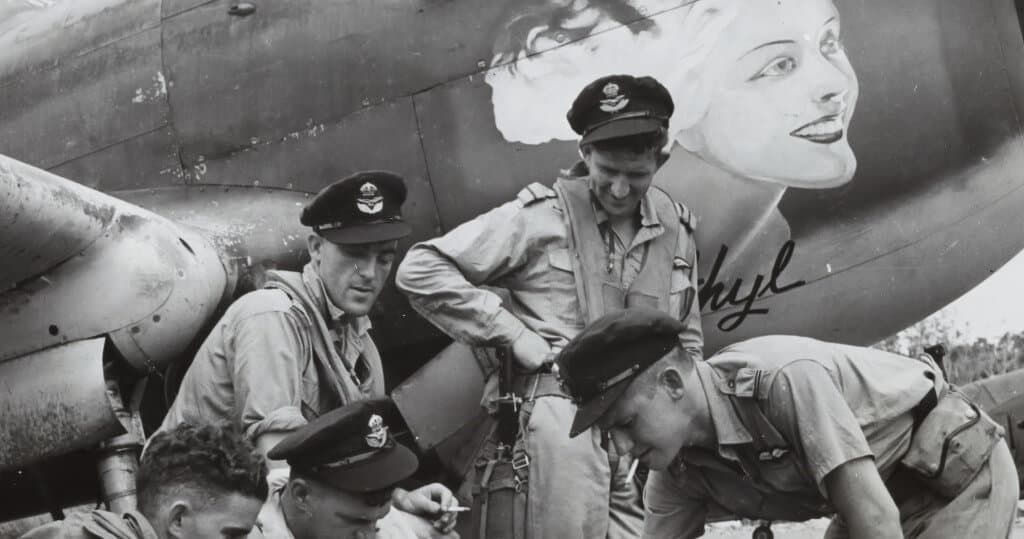
Then came tensions with the Soviet Union, the Cold War, and subsequent concerns over Communist threats. Later on, he would engage in the Korean War.
Truman’s Efforts at the End of World War II
The Pearl Harbor attack of 1941 stunned the nation and drove President Roosevelt into declaring war on the Japanese. The Axis Forces would then make their own declaration.
Roosevelt also sanctioned the Manhattan Project for the creation of nuclear weapons. On succeeding to the presidency, Truman would then inherit all of this at the tail-end of the war.

He was thrown into the deep end from day one, learning about the full situation and now having responsibility for what came next.
President Truman sent an ultimatum to the Japanese on July 26th, 1945, to surrender or face “utter devastation.”
He was now fully aware of the extent of the US nuclear powers and successful tests in New Mexico.
Atomic bombings of Hiroshima and Nagasaki
If the Japanese didn’t agree, he would use the bomb. On August 9th, he ordered the bombing of Hiroshima, soon followed by the bombing of Nagasaki. It is estimated that more than 100,000 people died.
Harry S. Truman’s reasoning for the bombing was he had been advised that even more Americans would be killed if they were to invade Japan.
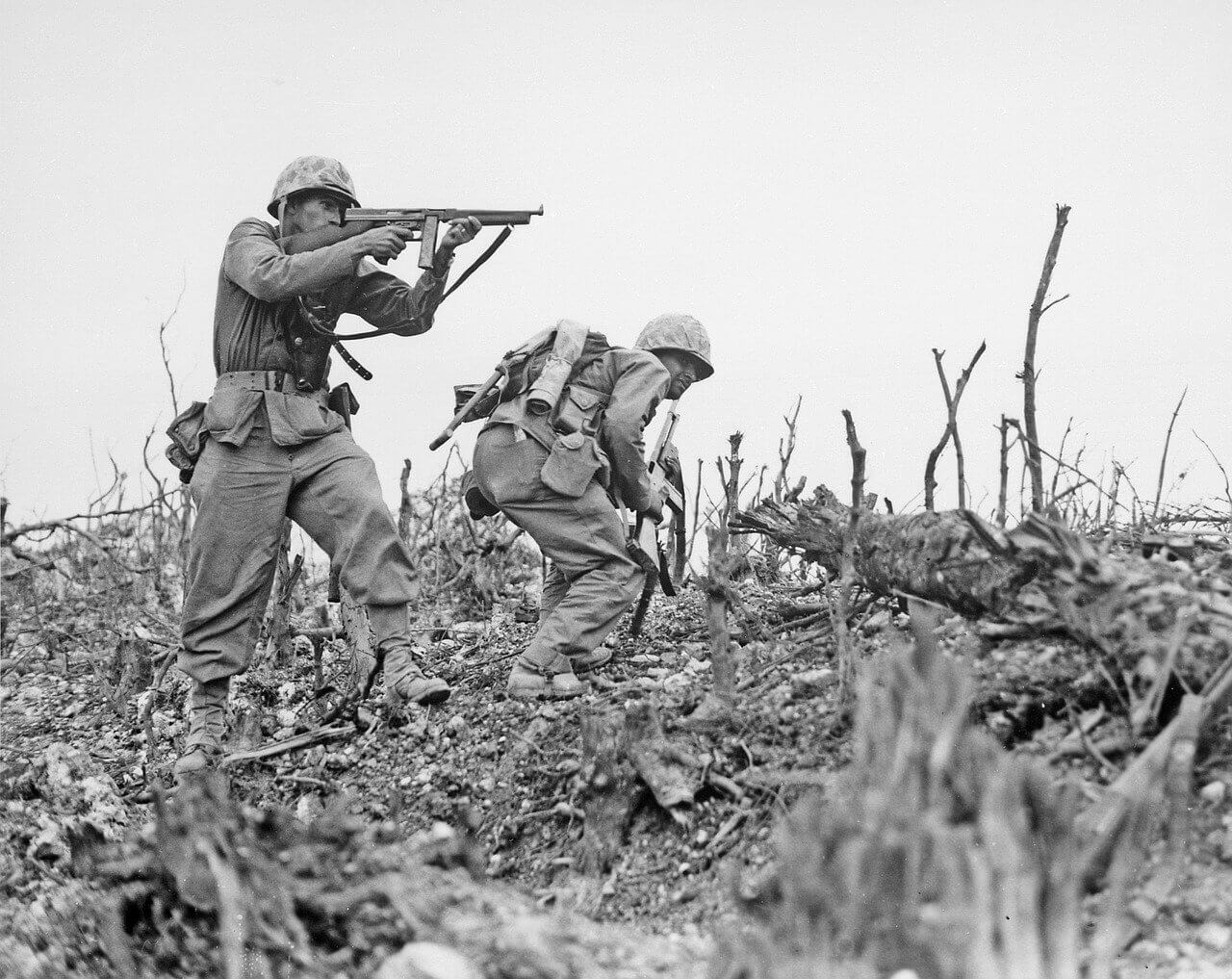
The idea was to stop the country in its tracks while also making a point about the new firepower of the US. Truman would state that the decision was actually to “spare the Japanese people from utter destruction.”
He also spoke of the “rain of ruin from the air” and a “new era in man’s understanding of nature’s forces.”
The decision was highly controversial and polarizing, bringing a lot of criticism as well as support. But, it wouldn’t be the last time that Truman would cause such an effect.
Truman and the Cold War
The efforts against the Japanese in World War II were barely over when the Allied countries began to become warier of threat posed by the Soviet Union. President Truman met with British Prime Minister Winston Churchill in Missouri in 1946, discussing the region’s problems.
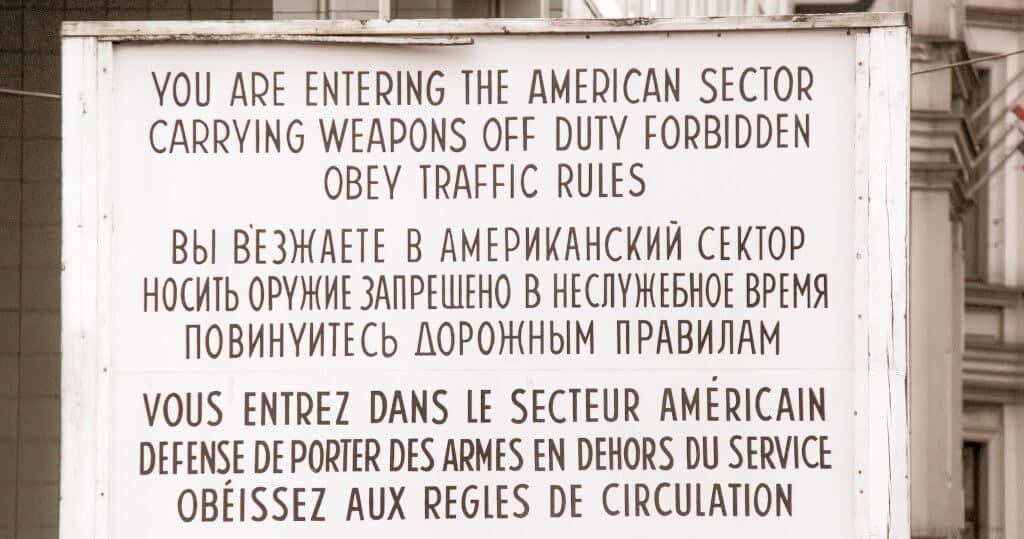
Truman strengthened his allegiance to Churchill and the British as the Prime Minister delivered his Iron Curtain speech, which changed United States foreign policy to a position of containing the power of the Soviet Union rather than cooperating with it.
Hydrogen bombs
The escalating tensions between the United States and the Soviet Union led to the further development of hydrogen bombs. Truman’s simple reasoning was that the United States needed to stay one step ahead if the Soviet Union were as far forward as suspected in this arms race.
He couldn’t risk the Soviets creating a bomb that could destroy parts of the United States without having something in response. So, he gave the go-ahead for H-bomb testing in the deserts of the United States.
The first successful test took place on October 31st, 1952, although it wasn’t officially announced until the following January.
Anti-Communist Sentiments and McCarthyism
It wasn’t just the Soviet Union abroad that Truman had to worry about during this period. There were growing concerns about communists infiltrating the United States and growing scaremongering of “reds under the bed.”
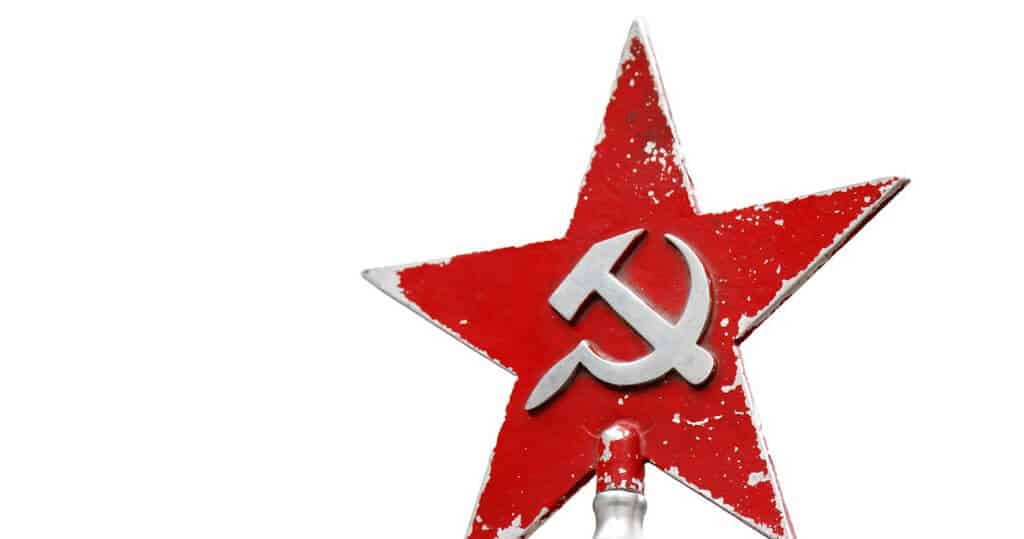
Senator McCarthy was a major player in the second Red Scare in the United States, having accused the State Department of harboring communists.
In 1948, 78% of the public reputedly believed McCarthy, and there were fears about distrust of the Democratic Party. Truman would then go on to denounce communist leaders in the US as traitors.
Harry S. Truman and the Korean War
There was a war in Korea. Around the time of these growing tensions and prospects for H-bomb tests, North Korean forces had entered South Korea in an attempt to seize the state.
As a communist nation on the attack, North Korea was a prime target for American retaliation, and Truman did not hold back in his outrage. This is where the president carried out yet another highly controversial decision as Commander in Chief.
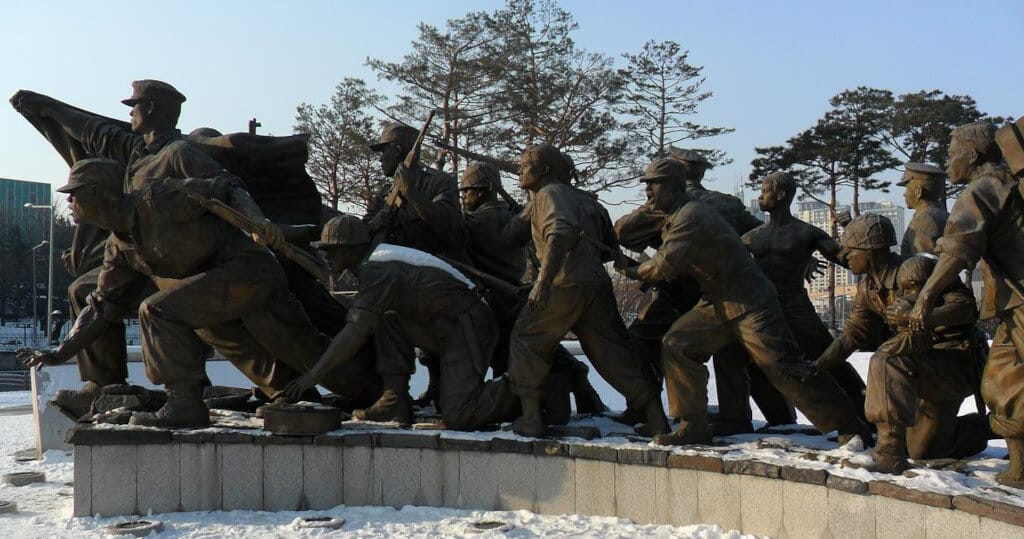
Truman did not take his plan to Congress for an official declaration of war. Instead, he directed United States forces straight to South Korea to help them repel the invasion. It was a fast and direct response that showed precisely which side Truman was on.
The United States was then locked into a devastating war that would continue after Truman left office. More than 33,000 Americans died in the Korean War, and the fighting would have a major impact on both sides.
There was declining support for the war at home due to the growing casualties and the length of the conflict.
Truman’s Ratings in the Opinion Polls Slumped Significantly
Truman’s presidency also led to major proposals on domestic politics.
While many of the talking points of the Truman presidency relate to foreign affairs and war efforts, there were also many important proposals on domestic policy. Still, many of these actions on home soil were influenced by war efforts.
Truman made an order as Commander in Chief to take control of a number of the nation’s steel mills in April 1952 and use the resources for the Korean war effort. The move was later deemed unconstitutional.
Fair Deal Program
When Truman was elected, he worked on his Fair Deal domestic reform program in 1949. The Fail Deal was a plan to improve living standards and opportunities for those in the United States.
The main proposals were for expanding public housing, better access to education, the federal protection of civil rights, a higher minimum wage, and national health insurance.
As with many Democratic deals like this, the proposals did not resemble their original form once they had gone through the House and Senate. Those that did pass were stripped back.
Truman and Civil Rights
The issue of Truman and civil rights is an interesting one.
On one side, you have the proposals to improve the lives of African-Americans, create a fairer society, and help African-American veterans returning from the war.
On the other, you have the fact that Truman also sat down to meet with the Ku Klux Klan (KKK) and is reported to have used racist terms in informal conversations. Some suggest his affiliation with the KKK may have gone further.
Truman would go on to work on the Committee on Equality of Treatment and Opportunity in the military, with the notion that the services should become racially integrated.
An Executive Order in 1948 made it illegal to discriminate based on race for those applying for civil service positions.
Failed Assassination Attempt During White House Renovations
Normally, stories of assassinations and assassination attempts are commonly known and referenced in the media. Lincoln’s death at the theater, Kennedy’s death in the motorcade, and Roosevelt continuing his speech all come to mind.
The story of the attempt on Truman’s life isn’t so well-known.
Truman had moved his family into the Blair House residence close to the West Wing after ordering renovations on the residence at the White House.
On November 1st, 1950, two Puerto Rican nationalists shot at the residence. One hit a policeman instead, causing a fatal injury. That shooter was shot and killed, and the other was shot and detained before he could enter the house.
Although originally sentenced to death for murder in 1952, Truman commuted the sentence to life in prison.
Harry S. Truman Withdraws From the 1952 Election
Originally, there were plans for Truman to include his name on the ballot for the 1952 election. He would have been eligible to do so as he was exempt from the two-term limit introduced by the the 22nd Amendment as sitting president.
The amendment states that no vice president that takes over the presidency less than two years into a term may seek more than one additional term.
His name was originally on the New Hampshire ballot but withdrawn under guidance from advisors. It was felt that a combination of a poor approval rating, his age, and the fact he was not the man he was when he started all went against him.
Truman’s Life After the Presidency
And so Truman would leave the office after the election and move back into life outside of politics. He would still continue to play his part now and then with endorsements and comments as needed.
A notable example is a public statement coming out against the nomination of John F. Kennedy. He wasn’t happy with how Kennedy had gained the nomination, so he decided to boycott the Democratic Convention that year.
Truman would live a simple life that often put him in financial difficulties.
He had refused to take a corporate job for fear of damaging his position’s integrity as a former president. He instead lived on his army pension.
During the later years of Truman’s life, Lyndon B. Johnson would bring in the Medicare Bill, something that Truman was influential in getting off the ground with his views on health care initiatives.

Get Smarter on US News, History, and the Constitution
Join the thousands of fellow patriots who rely on our 5-minute newsletter to stay informed on the key events and trends that shaped our nation's past and continue to shape its present.
Truman was in poor health at this time, having fallen at his home. Johnson made a point of signing the bill at the Harry S. Truman Presidential Library and Museum and giving the first two Medicare cards to Harry and his wife.
Harry S. Truman Dies at the Age of 88
In 1972, Truman developed pneumonia and was admitted to the hospital. He suffered multiple organ failures and fell into a coma, eventually dying on December 26th.
Truman may not have been the most popular president during the end of his time at the White House, nor the candidate that the Democrats ever had much confidence to put forward as the face of the party, but he was impactful.
Whatever your views on the events of the Second World War, Cold War, or Korean War, Truman wasn’t shy in reinforcing the position of the United States on the world stage.
